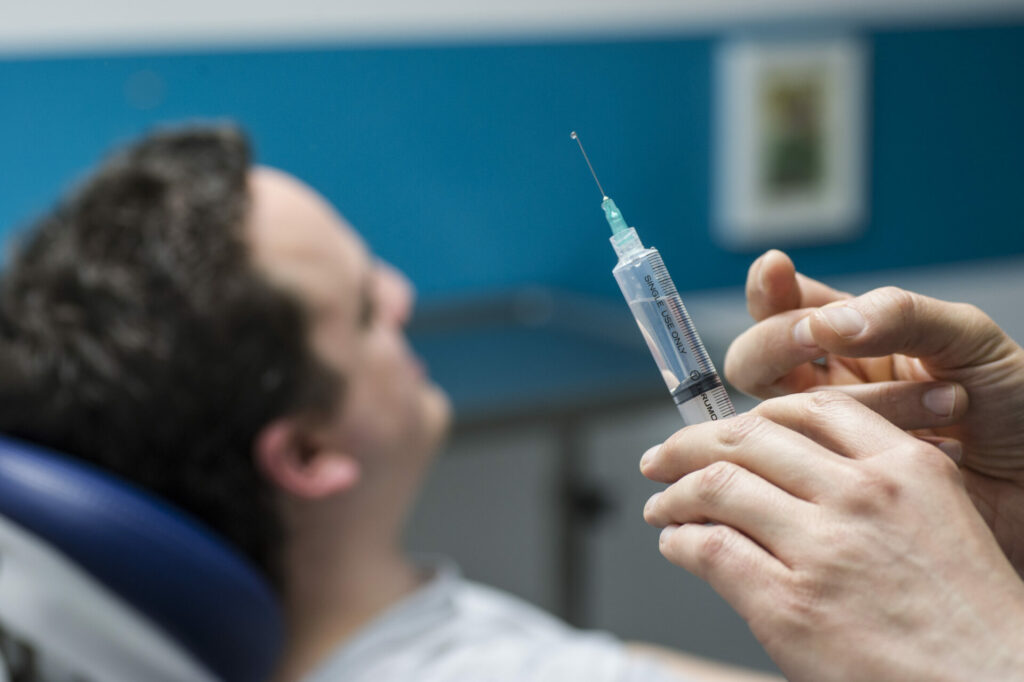The use of puberty-inhibiting medication among teenagers surged by 58% in the past three years.
Puberty inhibitors are drugs that prevent the hormones that lead to sexual development and are used by people who wish to undergo a gender transition. The number of under-18s using puberty inhibitors in Belgium increased from 432 in 2019 to 684 in 2022, according to Federal Health Minister Frank Vandebroucke (Vooruit).
MP Kathleen Depoorter (N-VA), who had requested the information, expressed alarm at the increase. "This is not simply an injection," she said. "Medication like this interrupts a critical phase of physical development. I wonder whether we should exercise more caution, especially since the usefulness and safety of these suppressors have been under discussion in Europe for a while."
Vandenbrocuke and others have since insisted that the medication is used as sparingly as possible. "We only start to do this when we have explored all other possibilities," paediatric endocrinologist at UZ Gent Martine Cools told De Morgen.
Cools stressed that only 8% of people in Belgium who present as transgender take puberty inhibitors, which is no higher than in other European countries with stricter regulations.
'Out of context'
Speaking to The Brussels Times, diversity and inclusion policy expert Tilke Wouters said they were "saddened" to see such figures taken out of context and used to advance a political agenda.
"It's normal the numbers are higher because more people have access to gender-related healthcare," they explained. "There is much more knowledge and representation in society about being transgender as well as the medical options available."
Wouters, who is transgender, added that inhibitors give young people time to mull over their options before committing to further medical intervention. Psychologists and other healthcare professionals are involved in every step of the decision-making process and the effects of the drug are reversible.

